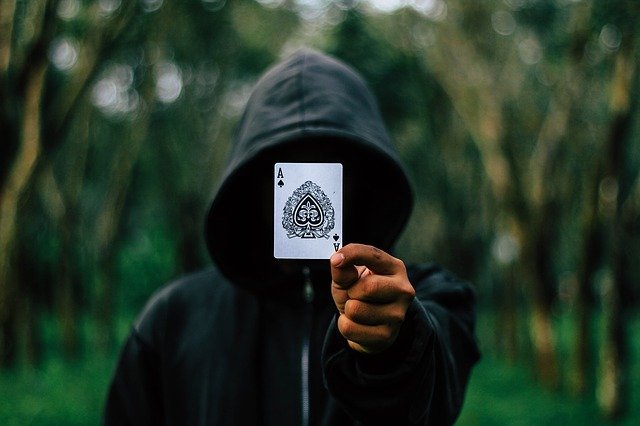
Magic can be an occult science or an illusion show.
Magic comes from the Latin magic which, in turn, goes back to a Greek word. It is the art with which it is intended to produce results that are contrary to natural laws . This art uses words, spells and various acts and elements.
The concept of magic is used both to name occult science with a claim to reality and the show that, using tricks, tries to deceive the viewer with incredible and illogical situations. In the latter case, people know that what they are seeing is not real (such as the disappearance of an object or the mutilation of a person), but they cannot discover the secret behind the illusion.
Magic as something supernatural
Magic can be understood in different ways. Religion and numerous pagan cults or rituals have a magical or supernatural component. Believing that someone can come back from death is an act of faith that, for a non-believer, involves something magical (outside natural laws) and, therefore, impossible.
Wizards, witches and sorcerers are those who administer magic. Some claim to have supernatural powers and others present themselves as vehicles of God . Occultism, esotericism and superstition are also linked to magical thinking.
The advance of rationalism
Throughout history , magic lost its prominent place in culture due to the growth of rationalism and the replacement of magical thinking by religion.
In everyday language, magic is associated with the charm of someone or something . For example: «When he entered the room, he outshone everyone present with his magic» , «The magic of the talented midfielder was the key to victory» .

The artist who dedicates himself to magic is known as a magician, illusionist or conjurer.
What is black magic
The series of acts that propose methods and purposes frowned upon by the society in which they are carried out are known as black magic . These are spells that seek to negatively affect the luck of one or more individuals, causing health problems, accidents or the loss of their possessions, among other misfortunes.
Through black magic, the domain or control of other living beings is sought, and to do so, a series of tools are used that theoretically confer exceptional powers on their users. It is worth mentioning that centuries ago there was no clear dividing line between religion, science and these evil practices. It was only with the arrival of the 13th century that their paths began to separate.
Black magic seeks to cause damage to individual people or the entire world, since it is capable, according to its followers, of generating alterations in any type of inorganic and organic matter, even remotely. The great power of a sorcerer comes from his relationship with the hierarchies of darkness. To counteract its effects there is white magic.
Hematomancy and necromancy
On the other hand, hematomancy or red magic is called magic that uses blood and other organic tissues for its spells. Currently, many Western civilizations consider it a type of black magic, especially when the living components used for the spells belong to third parties, someone whom they wish to affect.
Red magic can have relatively positive goals, such as falling in love and sexual fulfillment, although its use for destructive and manipulative purposes is more common. When tissues from the person performing the spell are used, it can be considered white magic.
Finally, magic that evokes the spirits of the deceased and controls demons is known as necromancy . For a long time it was practiced in the courts of kings and pontiffs, until scholastic theology managed to eradicate it.
